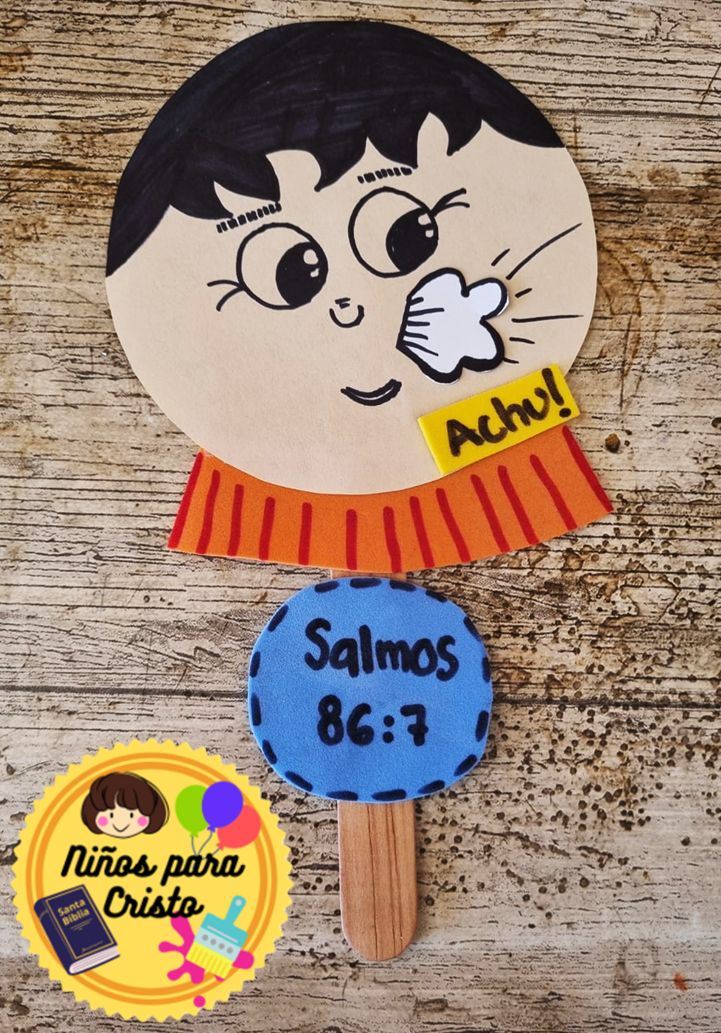What Makes David & Jonathan's Friendship Last?

The bond between David and Jonathan, as documented in the biblical account of 1 Samuel, is one of the most profound and enduring friendships in all of literature. Despite being from different walks of life and facing numerous challenges, their friendship not only survived but thrived, leaving behind a legacy that continues to inspire and captivate people to this day. So, what were the key factors that contributed to the lasting nature of their friendship?
At the heart of their relationship was a deep and abiding trust. Jonathan, the son of King Saul, could have easily viewed David as a threat to his father’s throne and, by extension, his own future. Instead, he chose to believe in David, to trust him, and to entrust him with his deepest secrets. This trust was not blind; it was grounded in a mutual understanding and respect for one another. David, on the other hand, found in Jonathan a confidant and a friend who accepted him for who he was, without the pretenses of royal politics. This trust formed the bedrock upon which their friendship was built, allowing them to weather the storms of jealousy, betrayal, and even the pursuit of death.
Another crucial element of their friendship was the willingness to make sacrifices for one another. When King Saul’s jealousy of David turned to hatred, and he sought to kill him, Jonathan intervened, risking his own relationship with his father to protect his friend. This act of loyalty and bravery speaks volumes about the depth of their bond. Jonathan’s actions were not merely those of a friend trying to protect another; they were those of a brother, willing to stand in the gap for someone he loved and respected. Similarly, David’s later actions, particularly his refusal to harm Saul even when given the opportunity, demonstrate his own commitment to their friendship and to the covenant they had made with each other.
The story of David and Jonathan also highlights the importance of a shared vision and values. Both men were committed to serving God and fulfilling their roles within the kingdom of Israel. This shared purpose gave their friendship a profound sense of direction and meaning. It was not a friendship based merely on mutual affection or convenience but was rooted in a deeper calling and commitment to something greater than themselves. This shared vision helped them navigate the complexities of their relationship, particularly when faced with conflicting loyalties and duties.
Moreover, their friendship demonstrates a remarkable capacity for empathy and understanding. When David was forced to flee from Saul, Jonathan sought him out, not to judge or to lecture, but to comfort and to reaffirm their bond. This empathy was not a one-time gesture; it was a consistent theme throughout their relationship. They were able to put themselves in each other’s shoes, to understand each other’s fears, hopes, and dreams. This empathetic connection allowed them to maintain a deep and meaningful relationship despite the physical distances and emotional challenges that threatened to tear them apart.
In addition to these factors, the covenants they made with each other played a significant role in the longevity of their friendship. The covenant between David and Jonathan was more than a promise of friendship; it was a solemn vow, sealed before God, to stand by each other through thick and thin. This covenant gave their relationship a sense of permanence and commitment, a recognition that their bond was not something to be taken lightly or discarded at whim. It was a public declaration of their love and loyalty for each other, binding them together in a way that transcended mere emotional attachment.
Finally, the story of David and Jonathan reminds us of the power of forgiveness and reconciliation. Despite the betrayals and hardships they faced, particularly at the hands of Saul, they chose not to let bitterness or resentment define their relationship. Instead, they opted for a path of forgiveness and grace, extending mercy not only to each other but also to those who had wronged them. This ability to forgive and to seek reconciliation, even in the face of deep pain and injustice, is a testament to the transformative power of their friendship.
A Closer Look at Trust
Trust, as the foundation of their friendship, is worth exploring in greater depth. Trust is not merely the absence of distrust; it is an active and ongoing process of building and maintaining confidence in one another. For David and Jonathan, this meant being reliable, following through on commitments, and being transparent in their dealings with each other. It involved vulnerability, being open about their fears and dreams, and creating a safe space where each could be himself without fear of judgment.
Sacrifices for the Sake of Friendship
The sacrifices that David and Jonathan made for each other are also noteworthy. Sacrifice is often seen as a negative concept, implying loss or deprivation. However, in the context of their friendship, sacrifice was a positive and liberating force. By putting each other’s needs before their own, they found a sense of purpose and fulfillment that they might not have discovered otherwise. This willingness to sacrifice challenges us to consider what we are willing to give up for the sake of our friendships and whether our priorities are truly aligned with our values.
Shared Vision and Values
Their shared vision and values are another critical aspect of their enduring friendship. Having a common purpose and set of beliefs gave their relationship direction and significance. It reminded them that their bond was not just about personal affection but was part of something much larger than themselves. This shared sense of mission helped them navigate life’s challenges with a sense of unity and cooperation, rather than allowing differences to drive them apart.
Empathy and Understanding
Empathy and understanding were also essential components of their friendship. Being able to see things from each other’s perspective and to understand each other’s emotions allowed them to respond in ways that were compassionate and supportive. This empathetic connection was not limited to times of crisis but was a continuous aspect of their relationship, fostering a deep sense of connection and unity.
The Power of Covenant
The covenant between David and Jonathan serves as a powerful reminder of the importance of commitment in relationships. By making a solemn vow to each other, they signaled that their friendship was not something to be taken lightly. It was a public declaration of their love and loyalty, binding them together in a way that went beyond mere words or feelings. This covenantal approach to friendship challenges us to consider the level of our commitment to our friends and whether we are willing to make promises that reflect the depth of our relationships.
Forgiveness and Reconciliation
Lastly, the theme of forgiveness and reconciliation in their story is particularly noteworthy. Forgiveness is often one of the most challenging aspects of any relationship, requiring us to let go of hurts and betrayals. David and Jonathan’s choice to forgive and seek reconciliation, even in the face of great pain and injustice, is a powerful testament to the redemptive power of their friendship. It reminds us that forgiveness is not about forgetting or diminishing the wrongs that have been done, but about releasing the hold those wrongs have over us, allowing us to move forward in freedom and grace.
What role did trust play in the friendship between David and Jonathan?
+Trust was the foundational element of their friendship, allowing them to be vulnerable, reliable, and transparent with each other, even in the face of adversity.
How did David and Jonathan demonstrate sacrifice in their friendship?
+They showed willingness to put each other's needs before their own, risking their own well-being and relationships for the sake of their friendship, demonstrating a profound level of commitment and loyalty.
What importance did shared vision and values hold in their relationship?
+How did empathy and understanding contribute to the longevity of their friendship?
+What lessons can be learned from the covenant between David and Jonathan?
+How did forgiveness impact their friendship, especially considering the challenges they faced?
+In conclusion, the friendship between David and Jonathan offers profound insights into what makes a relationship truly lasting and meaningful. By examining the core elements of their bond—trust, sacrifice, shared vision, empathy, covenant, and forgiveness—we can gain a deeper understanding of how to cultivate friendships that endure through life’s challenges and bring richness to our lives. As we reflect on their story, we are invited to reconsider our own relationships, to nurture the bonds that already exist, and to approach new connections with a sense of purpose, commitment, and openness to the transformative power of friendship.

